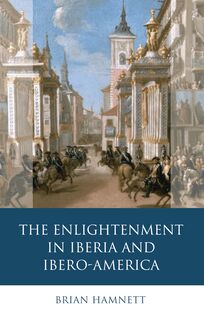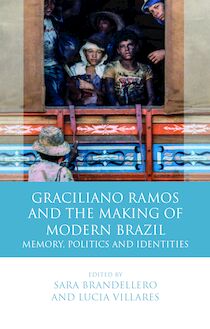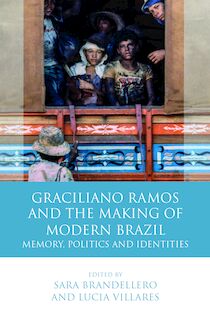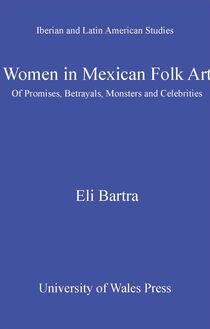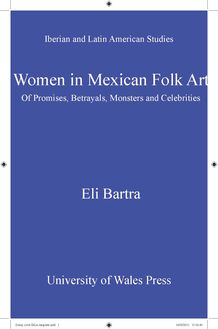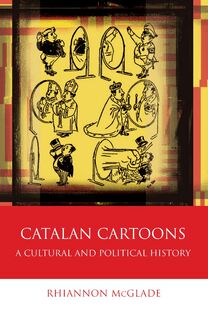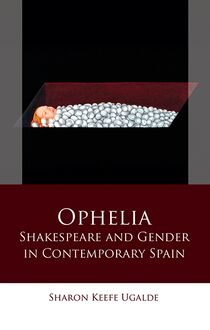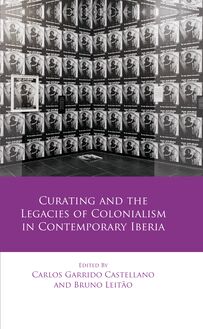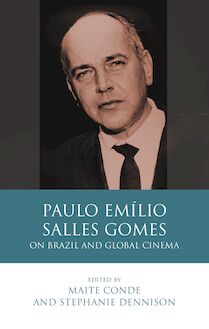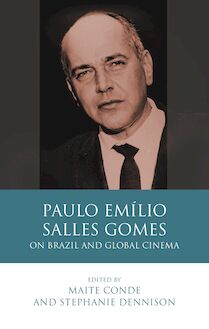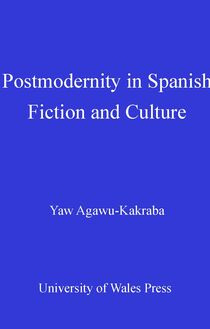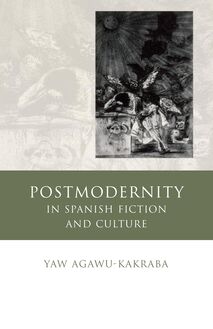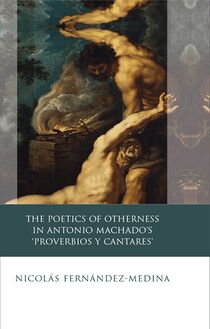-
 Univers
Univers
-
 Ebooks
Ebooks
-
 Livres audio
Livres audio
-
 Presse
Presse
-
 Podcasts
Podcasts
-
 BD
BD
-
 Documents
Documents
-
- Cours
- Révisions
- Ressources pédagogiques
- Sciences de l’éducation
- Manuels scolaires
- Langues
- Travaux de classe
- Annales de BEP
- Etudes supérieures
- Maternelle et primaire
- Fiches de lecture
- Orientation scolaire
- Méthodologie
- Corrigés de devoir
- Annales d’examens et concours
- Annales du bac
- Annales du brevet
- Rapports de stage
La lecture à portée de main
Vous pourrez modifier la taille du texte de cet ouvrage
Découvre YouScribe en t'inscrivant gratuitement
Je m'inscrisDécouvre YouScribe en t'inscrivant gratuitement
Je m'inscrisEn savoir plus
Vous pourrez modifier la taille du texte de cet ouvrage
En savoir plus

Description
In 1901, the year the six Australian colonies federated to become one country, revolution was being plotted across the world. Publicised in the newspapers and carried by migrants along global trade routes, the anarchist movement appeared prepared for a long period of power as one of the world’s dominant historical forces. In few places was this more evident than in Spain, where poverty and population pressure prompted increasing emigration. In anglophone Australia, governments had long been alert to the threat of radicalised migrants, and this book traces the forgotten lives of one particular group of such migrants, the Spanish anarchists of northern Australia, revealing the personal connections between the English-speaking British Empire and the world of Spanish-speaking radicals. The present study demonstrates the vitality of this hidden world, and its importance for the development of Australia.
Contents:
Chapter 1 – Introduction
Chapter 2 – Making Sense of Australia
Chapter 3 – In Search of Industrial Justice
Chapter 4 – Sugaring the Revolution
Chapter 5 – The Spanish Civil War
Chapter 6 – After the Civil War
Chapter 7 – Conclusion
Bibliography
Sujets
Informations
| Publié par | University of Wales Press |
| Date de parution | 15 octobre 2018 |
| Nombre de lectures | 0 |
| EAN13 | 9781786833105 |
| Langue | English |
Informations légales : prix de location à la page 0,2174€. Cette information est donnée uniquement à titre indicatif conformément à la législation en vigueur.
Extrait
IBERIAN AND LATIN AMERICAN STUDIES
The Spanish Anarchists of Northern Australia
Series Editors
Professor David George (Swansea University)
Professor Paul Garner (University of Leeds)
Editorial Board
David Frier (University of Leeds)
Lisa Shaw (University of Liverpool)
Gareth Walters (Swansea University)
Rob Stone (University of Birmingham)
David Gies (University of Virginia)
Catherine Davies (University of London)
Richard Cleminson (University of Leeds)
Duncan Wheeler (University of Leeds)
Jo Labanyi (New York University)
Roger Bartra (Universidad Nacional Autónoma de México)
Other titles in the series
Paulo Emilio Salles Gomes: On Brazil and Global Cinema
Maite Conde and Stephanie Dennison
The Tlatelolco Massacre, Mexico 1968, and the Emotional Triangle of Anger, Grief and Shame: Discourses of Truth(s)
Victoria Carpenter
The Darkening Nation: Race, Neoliberalism and Crisis in Argentina
Ignacio Aguiló
Catalan Culture: Experimentation, creative imagination and the relationship with Spain
Lloyd Hughes Davies, J. B. Hall and D. Gareth Walters
Catalan Cartoons: A Cultural and Political History
Rhiannon McGlade
Revolutionaries, Rebels and Robbers: The Golden Age of Banditry in Mexico, Latin America and the Chicano American southwest, 1850-1950
Pascale Baker
Teresa Margolles and the Aesthetics of Death
Julia Banwell
Galicia, A Sentimental Nation
Helena Miguelez-Carballeira
IBERIAN AND LATIN AMERICAN STUDIES
The Spanish Anarchists of Northern Australia
Revolution in the Sugar Cane Fields
ROBERT MASON -->
UNIVERSITY OF WALES PRESS 2018
© Robert Mason, 2018
All rights reserved. No part of this book may be reproduced in any material form (including photocopying or storing it in any medium by electronic means and whether or not transiently or incidentally to some other use of this publication) without the written permission of the copyright owner. Applications for the copyright owner s written permission to reproduce any part of this publication should be addressed to the University of Wales Press, University Registry, King Edward VII Avenue, Cardiff CF10 3NS.
www.uwp.co.uk
British Library CIP
A catalogue record for this book is available from the British Library.
ISBN 978-1-78683-308-2
e-ISBN 978-1-78683-310-5
The right of Robert Mason to be identified as author of this work has been asserted in accordance with sections 77 and 79 of the Copyright, Designs and Patents Act 1988.
The publisher has no responsibility for the persistence or accuracy of URLs for any external or third - party internet websites referred to in this book, and does not guarantee that any content on such websites is, or will remain, accurate or appropriate.
Cover image: Spanish labourers in 1907, imported to North Queensland plantations by the Colonial Sugar Refinery Company. By permission, Historic Collection / Alamy Stock Photo.
Contents
Series Editors Foreword
1 Introduction
2 Making Sense of Australia
3 In Search of Industrial Justice
4 Sugaring the Revolution
5 The Spanish Civil War
6 After the Civil War
7 Conclusion
Notes
Bibliography
Series Editors Foreword
Over recent decades the traditional languages and literatures model in Spanish departments in universities in the United Kingdom has been superseded by a contextual, interdisciplinary and area studies approach to the study of the culture, history, society and politics of the Hispanic and Lusophone worlds - categories that extend far beyond the confines of the Iberian Peninsula, not only in Latin America but also to Spanish-speaking and Lusophone Africa.
In response to these dynamic trends in research priorities and curriculum development, this series is designed to present both disciplinary and interdisciplinary research within the general field of Iberian and Latin American Studies, particularly studies that explore all aspects of Cultural Production (inter alia literature, film, music, dance, sport) in Spanish, Portuguese, Basque, Catalan, Galician and indigenous languages of Latin America. The series also aims to publish research in the History and Politics of the Hispanic and Lusophone worlds, at the level of both the region and the nation-state, as well as on Cultural Studies that explore the shifting terrains of gender, sexual, racial and postcolonial identities in those same regions.
1
Introduction
In 1901, the year in which the six Australian colonies federated to become one country, revolution was being plotted across the world. Even as wealthy white men consolidated means to protect their commercial, military and racial interests, networks of anarchists dreamed of their downfall. In imperial Russia, activists in St Petersburg drew on decades of struggle to advocate local control of economic and political decisions. In France, anarchists clashed with socialists over the latter s plans for incremental change. In Italy, an anarchist had shot and killed the king less than six months earlier. Across the Atlantic, in the United States of America (USA), the legacies of the Haymarket Massacre in 1886 had been reinvigorated by the assassination of President William McKinley in 1901 at the hands of an anarchist agitator. Further south, in Argentina, anarchists sought to shift from such acts of propagandistic killing and instead use unions to push forward hopes for systemic change. Publicised in the newspapers and carried by migrants around the world s ports, the anarchist movement appeared to be set for a long period of dominance as one of the world s foremost historical forces.
In few places was this more evident than in Spain. In 1901, Spain continued to grapple with the loss of its Cuban and Philippine territories to the USA just three years earlier. The country s major cities were undergoing unprecedented urbanisation as large sections of the countryside came under extreme population pressure. Spain s political establishment lacked legitimacy outside the wealthy elite, and anarchists had gradually filled the vacuum, becoming integral parts of communities in the regions of Catalonia, Andalusia and elsewhere. As emigration from Spain increased in response to poverty and lack of opportunity, so too did the outward flow of hopeful workers sympathetic to anarchist ideals.
The flow of ideas was not solely European in origin. Spain s former imperial possessions in the Asia-Pacific region were also part of the global debate about the evolution of democracy in the twentieth century. In the Philippines, José Rizal had long advocated Philippine independence, free from the competing influences of Spain, the Catholic Church and American imperialism. Philippine nationalists had immersed themselves in debates about self-government, individualism and anti-imperialism while in Europe. The Filipino nationalists were not alone in their desire for change in Asia and the Pacific. Others desperately hoped for more radical developments and carried their ideas in the ships that sailed the periphery of the Pacific Ocean, from Canada to Mexico, Chile, New Zealand, the Philippines and China.
The major ports of the Pacific Rim were alive to hopes of reform, led by anarchists and unionists working in unison to better their world. These dreams existed beyond the major trade routes, initially carried by migrant workers and often hidden or misunderstood by authorities. In Anglophone Australia, governments had long been alert to the threat of radicalised migrants. Irish Republicans had been a fixture of the establishment s fears throughout the nineteenth century, and authorities watched events in Europe with disquiet. Over time, they would come to share trans-Atlantic worries about the power of radical organisations such as the One Big Union and the anarchist Industrial Workers of the World (IWW). Contrary to much public commentary at the time, these Australian groups were not solely English speaking, but were supported by many of the new country s swelling numbers of non-British migrants. This book traces the forgotten lives of one particular group of such migrants: northern Australia s Spanish anarchists.
Hidden from the view of Anglophone governments, Spanish anarchists nonetheless maintained their global connections in the fight to instil anarchism and secure justice for their communities. This monograph argues that the group enables new perspectives on the emotional and intellectual connections that migrants cultivated worldwide from their homes in Australia. Rather than focus solely on the region s geographical isolation from Europe as a problem, the book suggests that the region s isolation enabled new practices and new ways of imagining the world. These imaginings drew on Anglophone Australian norms, but were also fully immersed in radical critiques and the Spanish-speaking worlds of Europe and the Americas. Using Spanish-language archives alongside English-language sources, the book reveals the extent to which Australia can be thought of as being integrated in these worlds rather than distant and isolated from them.
Spain in the Pacific
Spain s connection with Australia had begun with a rhetorical flourish of Catholic royalism that would have been utterly reprehensible to the anarchists of 1901. In 1606, Captain Pedro Fernandéz de Quirós had proclaimed that he took possession of all this part of the South as far as the pole in the name of Jesus, which from now on will be called the Southern land Austrialia [ sic ] of the Holy Spirit . 1 With these words, the explorer claimed the fabled Great Southern Land for the Hapsburg monarchs of Spain, and embedded the continent in their growing circle of imperial possessions in the Pacific Rim.
Regrettably for Quirós, he had made his proclamation not from Australia but from the island of Espíritu Santo in modern-day Vanuatu, several thousand kilometres from the Australian mainland. Nonetheless, he founded the fort of New Jerusalem in the hope of securing the regio
-
 Univers
Univers
-
 Ebooks
Ebooks
-
 Livres audio
Livres audio
-
 Presse
Presse
-
 Podcasts
Podcasts
-
 BD
BD
-
 Documents
Documents
-
Jeunesse
-
Littérature
-
Ressources professionnelles
-
Santé et bien-être
-
Savoirs
-
Education
-
Loisirs et hobbies
-
Art, musique et cinéma
-
Actualité et débat de société
-
Jeunesse
-
Littérature
-
Ressources professionnelles
-
Santé et bien-être
-
Savoirs
-
Education
-
Loisirs et hobbies
-
Art, musique et cinéma
-
Actualité et débat de société
-
Actualités
-
Lifestyle
-
Presse jeunesse
-
Presse professionnelle
-
Pratique
-
Presse sportive
-
Presse internationale
-
Culture & Médias
-
Action et Aventures
-
Science-fiction et Fantasy
-
Société
-
Jeunesse
-
Littérature
-
Ressources professionnelles
-
Santé et bien-être
-
Savoirs
-
Education
-
Loisirs et hobbies
-
Art, musique et cinéma
-
Actualité et débat de société
- Cours
- Révisions
- Ressources pédagogiques
- Sciences de l’éducation
- Manuels scolaires
- Langues
- Travaux de classe
- Annales de BEP
- Etudes supérieures
- Maternelle et primaire
- Fiches de lecture
- Orientation scolaire
- Méthodologie
- Corrigés de devoir
- Annales d’examens et concours
- Annales du bac
- Annales du brevet
- Rapports de stage
